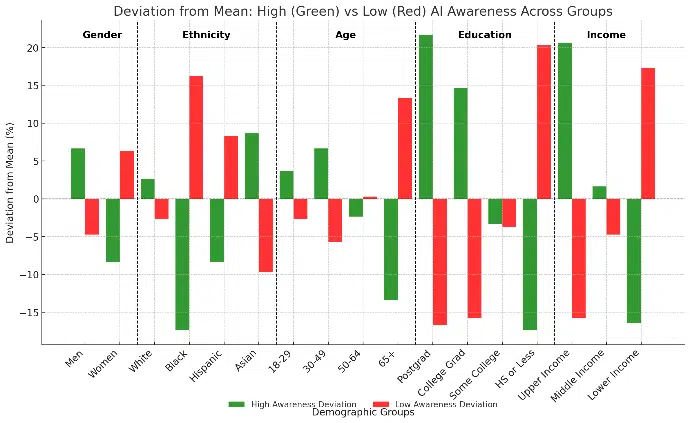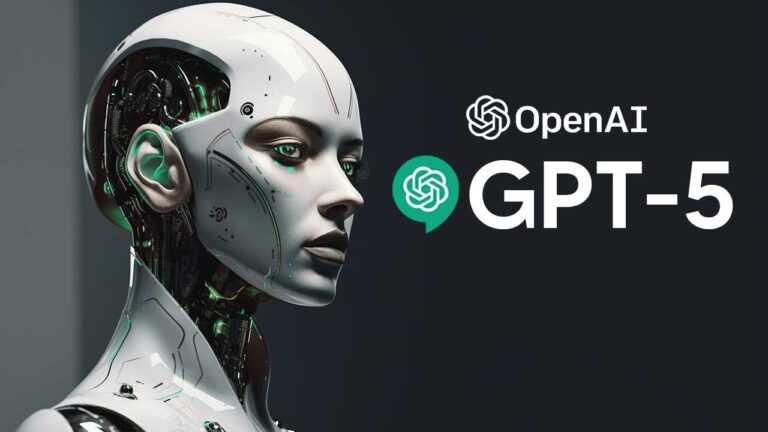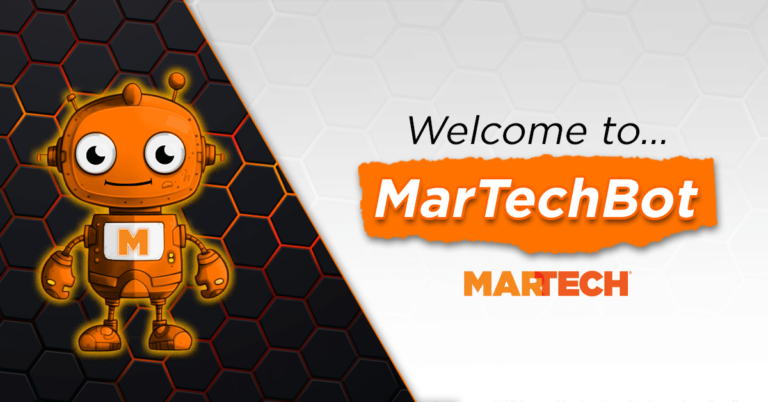Crafting Human-Centric AI Strategies: A Guide to Prioritizing People
Artificial Intelligence (AI) is increasingly woven into the business landscape. Yet, discussions frequently sideline a crucial element: the individuals involved. Merely training personnel in prompt engineering and system integrations falls short.
The so-called “AI experts” of today often concentrate on the technological and procedural aspects of the “People, Process, Technology” framework. They operate under the assumption that enhancing technology will automatically generate business value, and streamlining processes will guarantee uniformity. However, this perspective is fundamentally flawed as it disregards the essential role of the individuals operating these systems.
Too frequently, these “experts” advocate for compartmentalized skills, leading to detrimental organizational effects.
My assertion in this piece is straightforward: The integration of AI is an essential strategy that needs to be tackled at the organizational level, guided by leaders who communicate effectively and clearly.
The Importance of Humans in the AI Ecosystem
Technology, no matter how sophisticated, requires human insight to thrive. Organizations that overlook the human aspect often create systems misaligned with employee needs and capabilities. This dissonance can result in:
- Pushback from teams.
- Imbalance in job opportunities.
- Declining morale.
- Ultimately, ineffective AI initiatives.
A paradigm shift that prioritizes human competencies is essential.
The Necessity of Soft Skills for Equal Opportunity
Pew Research Center conducted a survey involving over 11,000 adults in the U.S. regarding their understanding of AI, their enthusiasm for the technology, and their awareness of its applications. The results reveal significant variations in AI awareness across different gender, ethnic, age, educational, and income demographics.


The data provides numerous insights, but the primary takeaway highlights the significant disparity in AI awareness based on gender and ethnicity:
- Men generally exhibit higher levels of awareness, while women tend to have lower awareness.
- African American and Hispanic individuals are notably more likely to demonstrate low high-awareness and elevated low-awareness.
The conclusion is clear: Those in leadership positions must assume an active role in thoughtfully overseeing AI adoption, ensuring that the soft skills of every team member are taken into account to mitigate inequities in job opportunities.
Explore further: The importance of addressing knowledge gaps in AI integration
Non-Technical Areas Will Generate Maximum AI Value
Contrary to popular belief, the efficacy of AI doesn’t solely rely on technical specialists. McKinsey reveals that approximately 75% of AI’s worth will be unlocked across five business sectors, three of which are non-technical: customer operations, marketing, and sales.
Go-to-market (GTM) teams hold a pivotal position in delivering organizational value. However, this isn’t a case for concentrating only on GTM AI strategies; it necessitates an inclusive, organization-wide AI strategy with a GTM component.
The Core Role of Soft Skills in AI Adoption
When strategizing an organization-wide AI initiative, the significance of soft skills cannot be overstated. These competencies are crucial for effective change management, assisting teams in adapting to AI innovations. They provide the essential framework that ensures technical advancements translate into practical, productive outcomes.
Insights from cognitive psychology offer a glimpse into human interaction with AI. Successful implementation requires cultivating a growth mindset, fostering curiosity, and endorsing mental shifts required for effective AI utilization. When employees feel supported in these aspects, organizations benefit from smoother transitions and enhanced engagement with AI technologies.
Cultivating a Growth Mindset
A growth mindset reflects the belief that abilities and intelligence can be cultivated through persistent effort and dedication. This mindset is critical in a business driven by AI, as it encourages employees to perceive challenges as opportunities for growth rather than obstacles. Promoting a growth mindset results in increased productivity and engagement, as employees are more inclined to take initiative, welcome innovative tech, and continually refine their skills.
Research from EY indicates that about 17% of workers who express more concerns about AI than last year personally know someone whose employment was affected by AI. Encouraging a growth mindset creates an atmosphere where learning and flexibility are integral to organizational success.
Fostering Employee Confidence and Resilience
Building confidence and resilience means empowering employees to adapt and make informed choices even amid uncertainty. In AI-centric organizations, where swift technological shifts are the norm, the ability to manage ambiguity logically is crucial. A significant portion of the workforce (up to 75%) worries that AI may render certain jobs obsolete, with many (65%) anxious about potential job displacement due to AI. By enhancing confidence and resilience, companies maintain employee productivity, engagement, and retain a capability to tackle challenges, thereby fostering a supportive and positive workplace environment.
Explore more: Human-centric strategies for adopting AI in marketing
Encouraging Cognitive Flexibility, Agility, and Growth
Cognitive flexibility refers to the skill of adjusting one’s thinking and approach based on new information and changing contexts. This ability is crucial in an AI-rich landscape, where the capacity to pivot strategies and adopt new concepts fuels both personal and organizational development.
By nurturing cognitive flexibility, organizations empower employees to innovate and proactively respond to insights derived from AI, allowing for data-driven decision-making that propels business achievements.
Promoting Responsible and Accountable Decision-Making
This competency focuses on establishing frameworks for decision-making that are rooted in ethical considerations and align with organizational objectives. In the realm of AI, responsible decision-making safeguards against misuse and fosters transparency and trust.
Currently, two main concerns dominate employee priorities: the quality of AI outcomes and the pace at which AI is being integrated. Understanding this framework is vital for personnel to effectively and ethically navigate AI tools, ensuring that AI-driven choices resonate with overarching business principles and advance organizational goals.
Enhancing Collaboration Skills
Effective collaboration is indispensable for embedding AI into organizational workflows and maximizing its potential. This skill involves promoting transparent communication, teamwork, and cross-functional collaboration, therefore bridging departmental divides to forge a united AI implementation strategy.
Collaboration skills enable employees to share varied insights and stimulate innovation, enhancing collective productivity and ensuring that advancements in AI are effectively utilized across the organization.
Explore further: Five strategies to accelerate AI implementation
Inclusive AI Adoption Journey
The adoption of AI should not create divisions within a workforce between those who comprehend it and those who do not. Instead, it is imperative to cultivate a culture of inclusivity, ensuring that every individual feels actively engaged in the transformation. This approach is about fostering a sense of buy-in, not by forcing employees to learn programming languages, but by cultivating an environment that values learning, adaptation, and cross-departmental collaboration.
Investing in soft skills and mental preparedness is crucial for ensuring successful AI adoption. By strategically aligning AI initiatives with human strengths, companies can achieve effective implementation and prepare a workforce that is primed to excel in an AI-centered landscape.
Explore more: A checklist for preparing for AI integration: Seven essential steps
Email:
See terms.
OptiPrime – Global leading total performance marketing “mate” to drive businesses growth effectively. Elevate your business with our tailored digital marketing services. We blend innovative strategies and cutting-edge technology to target your audience effectively and drive impactful results. Our data-driven approach optimizes campaigns for maximum ROI.
Spanning across continents, OptiPrime’s footprint extends from the historic streets of Quebec, Canada to the dynamic heartbeat of Melbourne, Australia; from the innovative spirit of Aarhus, Denmark to the pulsating energy of Ho Chi Minh City, Vietnam. Whether boosting brand awareness or increasing sales, we’re here to guide your digital success. Begin your journey to new heights with us!







